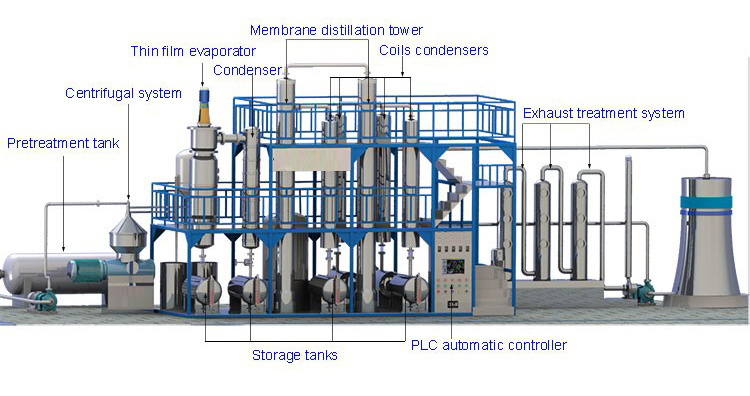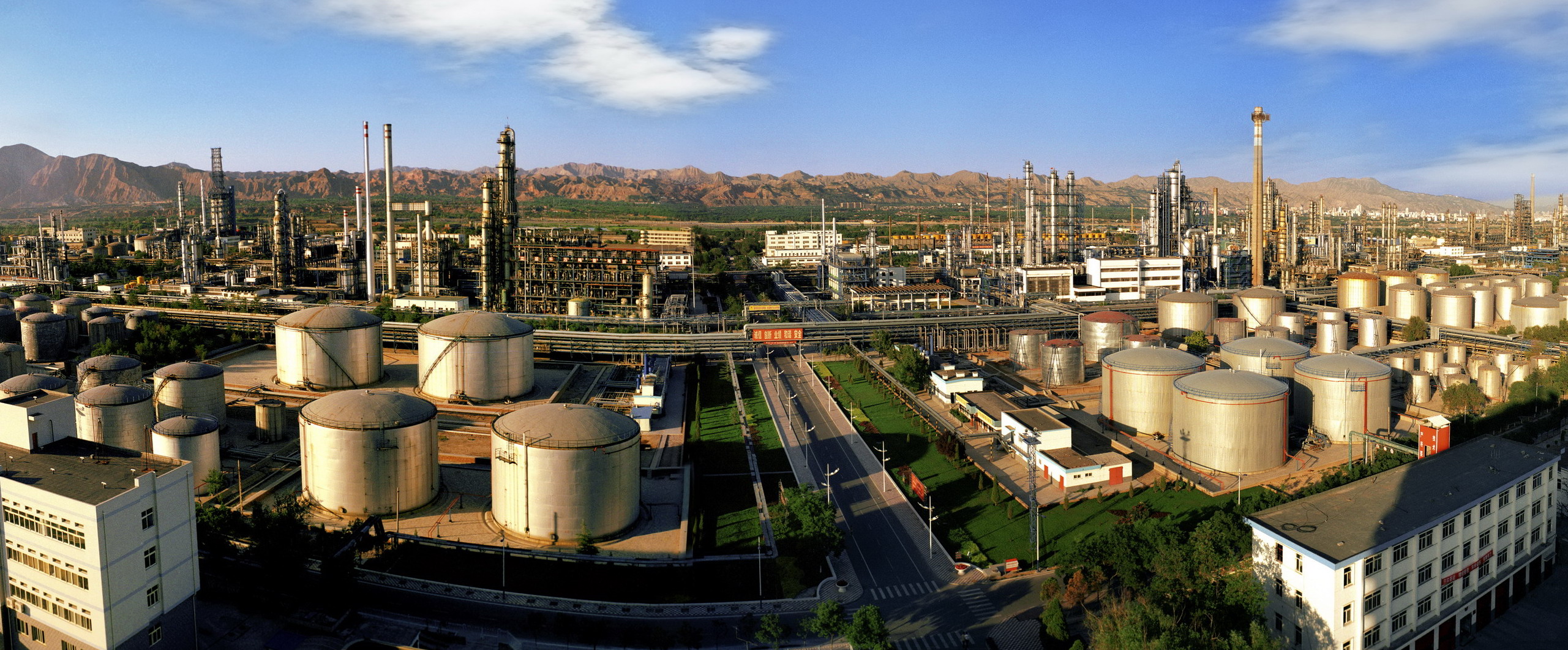What Businesses Handle Used Oil?
Many types of businesses that handle used oil, including: Generators are businesses that handle used oil through commercial or industrial operations or from the maintenance of vehicles and equipment. Generators are the largest segment of the used oil industry. Examples of common generators are car repair shops, service stations, quick lube shops, government motor pools, grocery [...]



